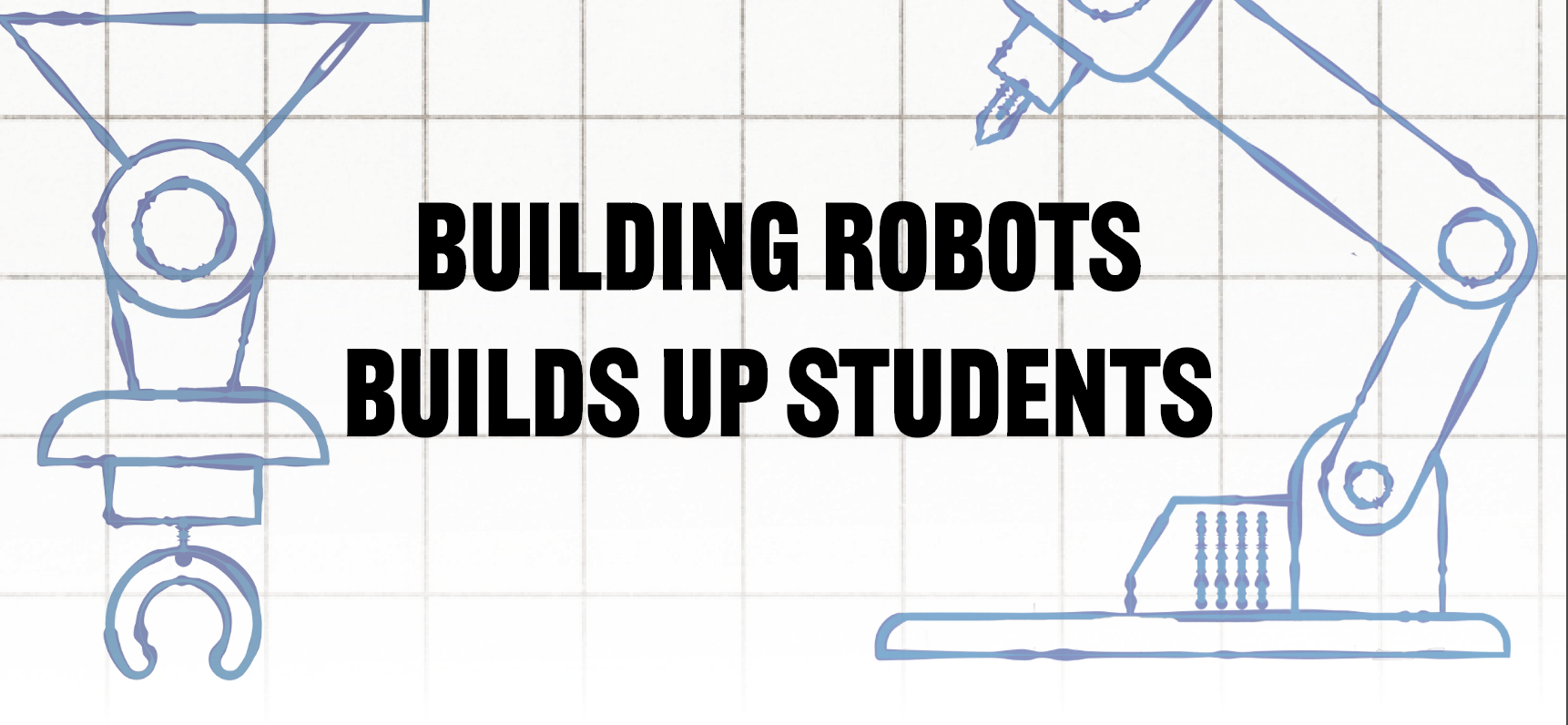Working in the hiring department of a tech company, Britney Keepes finds that the majority of applicants who walk through her doors are men. And her company isn’t alone. Even though women make up nearly 50% of the total workforce, only 28% of the Science, Technology, Engineering and Math (STEM) workforce is female.
In Keepes’ search to find out why, she learned four in 10 girls say they enjoy STEM activities but don’t get enough practical, hands-on experience. The STEM inequality started way before walking into an interview, Keepes discovered: It started in school.
“I started my career in the STEM field, and I was one of the only girls in the classroom,” Keepes says. “It was really hard to not have the support of other women. Ultimately, to get to a diverse workforce, that starts in the classroom, and it starts very young.”
Keepes found High-Tech High Heels, a nonprofit created in 2001 by 31 women who worked at Texas Instruments. The Preston Hollow-based nonprofit aims to introduce more girls to STEM fields through grants to organizations that aligned with that mission, summer camps and workshops.
Each camp introduces young girls to different STEM-related fields. One camp was held at the University of Texas at Dallas last summer and allowed a group of girls to get a better feel for physics with activities like creating and studying a wind tunnel.
“We funded the physics camps because at that point in time, there wasn’t a camp for girls,” says Keepes, who is now the president of the North Texas chapter. “That’s really what started High-Tech High Heels is that need. That was the very first program in grants that we ever gave as an organization.”
The nonprofit’s most recent grant winners include Design Connect Create for its physics and coding camps; Girls Inc. of Metropolitan Dallas, a STEM program for girls; and Girlstart, which provides girls in North Texas with weekly hands-on STEM training.
“We have found that [our programs] allow girls to stay interested,” Keepes says. “If you miss a couple of years of STEM, and you’re in eighth grade, and you’re about to go into freshman year, you might not make the same decision than if you had that STEM punch in sixth and seventh grade.”
High-Tech High Heels also funded and helped create the National Alliance for Partnerships in Equity (NAPE) teacher training program. The training encourages teachers and counselors to identify biases and embrace cultural differences within the classroom.
“If we are building products that are going to serve numerous people of different races and genders and geographical locations, we need to be bringing people in that represent what those products mean to them,” Keepes says. “Specifically to make sure that we’re thinking through everything.”






